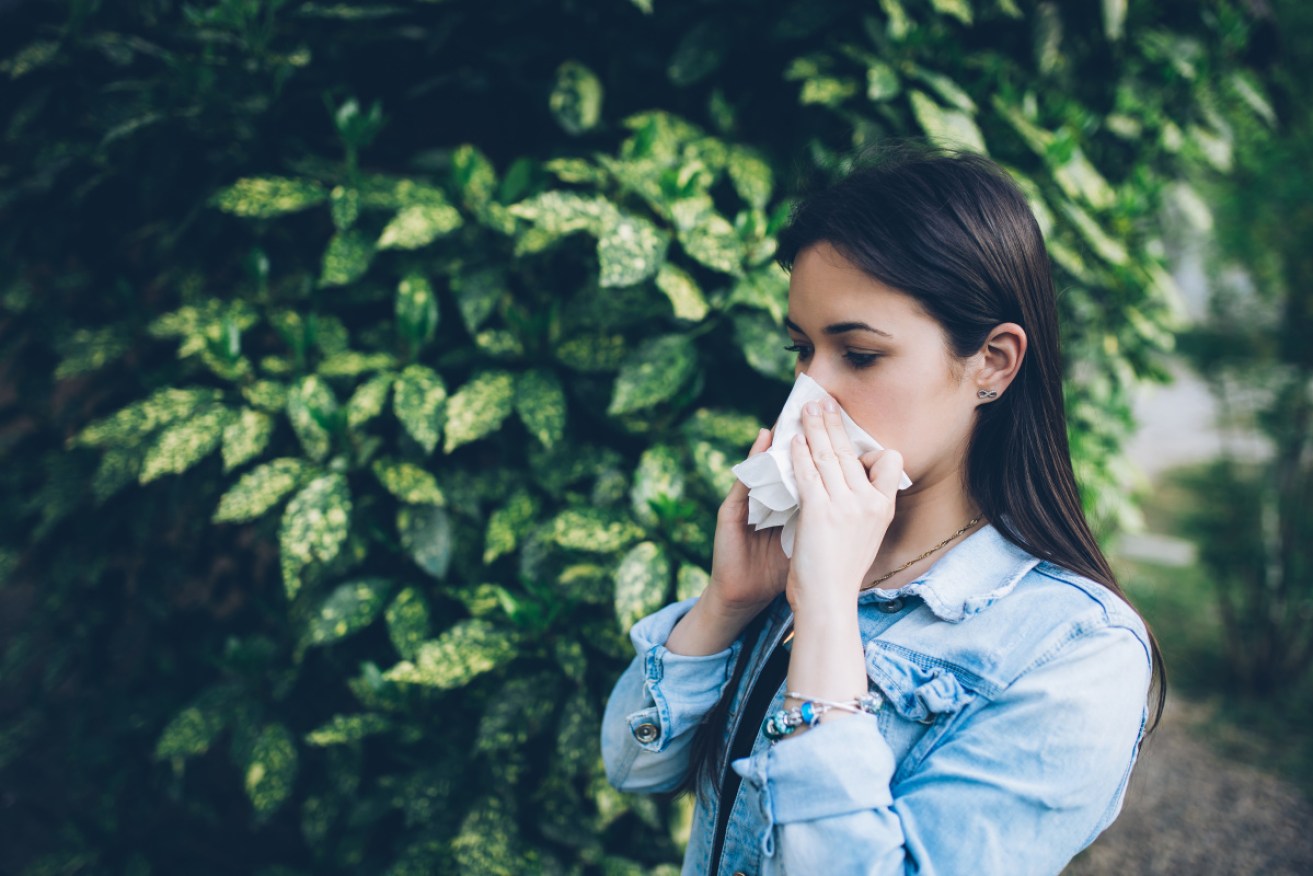Coronavirus health: Boosting immunity through diet, exercise and mood


Fighting off infection is literally a walk in the park. Good diet, exercise and optimism are also helpful. Photo: Getty
Australia has yet to see the coronavirus in runaway mode. As the week draws to a close there are 120-plus cases – and increasing calls from doctors and public policy experts to close our air borders and/or shut down mass events.
The trajectory of the viral spread, how many of us will eventually contract the illness and how many will die remain unknown – although it’s clear that most people recover, and that for many it’s not a debilitating experience.
Even so, the scale of the unknown and the hot debates going on at a policy level can leave people feeling that their fate is out of their hands – aside from the fact that you need to wash them 12 times a day.
However, a newly published commentary piece from Oxford University (and others) observes that: “How individuals respond to government advice on preventing the spread of COVID-19 will be at least as important, if not more important, than government action.”
Most of the government advice for healthy people – via health departments – is to do with washing your hands, not touching your face and being aware of who in your social or family circle have been abroad.
For people who feel like they’re getting sick – namely showing the symptoms of a cold, which is how the virus starts – is to put yourself in quarantine at home, discourage visitors, seek medical advice over the phone (instead of rushing down to the medical centre) and see how symptoms progress.
But there is more that you can do
For most of us, getting sick will be the consequence of an unlucky or sometimes thoughtless moment. Our good luck is the relatively slow pace of infection. This gives us the opportunity of building up our immune system and resilience.
As a useful explainer at The Conversation notes, “we can actively strengthen our immunity and natural defences by looking after ourselves”.
This means, the authors say:
- Getting adequate sleep. Sleep deprivation increases the hormone cortisol, which suppresses immune function when its levels are elevated.
- Exercising, which helps the lymphatic system, where our immune cells circulate, and lowers levels of stress hormones.

Drinking plenty of water flushes the system of toxins, keeps the bowels working, and promotes good health. Photo: Getty
- Eating well and drinking enough water. Your immune system needs energy and nutrients obtainable from food. And staying well hydrated helps the body to flush out toxins.
- Not smoking. Smoking, or even secondary smoke, damages our lungs and increases the vulnerability of our respiratory system to infection.
Research also suggests:
- Optimism has a positive effect on recovery from illness and surgery. In a 2010 experiment, the up and down optimism of a group of law students was found to match the strength of their immune response. That is, when they were optimistic about their prospects for the year ahead, they demonstrated a stronger immune response to a laboratory-induced infection. When they were pessimistic, their immune system was “sluggish.” To see how optimistic you are, and what you can do to become more so, see here.
- A 2015 study found that spending time in what we call nature – a regular walk in the park – appears to enhance our immune functions. Access to green space has been linked to a significant lift in mental wellbeing, so the immunity boost here might be linked to optimism and mood – or simply be a consequence of some fresher air in your lungs.

Eating broccoli and jogging through a park might not save you from catching the coronavirus, but they just might help you get over it in better shape. Photo: Getty
Some foods that have emerged as immunity boosters
- Broccoli. Just eat it, already. But lightly steamed or blanched. In 2007, University of California researchers demonstrated that sulforaphane, a chemical in broccoli and other cruciferous vegetables – cauliflower, cabbage, kale – switches on a set of antioxidant genes and enzymes in specific immune cells, which then combat the injurious effects of molecules known as free radicals that can damage cells and lead to disease.
- Oats, apples and nuts. A 2010 University of Illinois study found that soluble fibre – as found in oats, apples, and nuts – reduces the inflammation associated with obesity-related diseases and strengthens the immune system. “Soluble fibre changes the personality of immune cells – they go from being pro-inflammatory, angry cells to anti-inflammatory, healing cells that help us recover faster from infection,” said Gregory Freund, a professor in the university’s College of Medicine and a faculty member in the College of Agriculture, Consumer and Environmental Sciences’ Division of Nutritional Sciences.
- Leafy greens. A 2011 study found that green vegetables – from bok choy to broccoli – are the source of a chemical signal that is important to a fully functioning immune system. They do this by ensuring that immune cells in the gut and the skin known as intra-epithelial lymphocytes (IELs) function properly.
- Shiitake mushrooms. A persuasive 2015 study found adult participants who ate 114 grams of shiitake mushrooms a day, for four weeks, developed better-functioning gamma delta T-cells (tumour killing immuno-cells) and reductions in inflammatory proteins. “If you eat a shiitake mushroom every day, you could see changes in their immune system that are beneficial,” said University of Florida’s Professor Sue Percival, who led the study. “We’re enhancing the immune system, but we’re also reducing the inflammation that the immune system produces.”








